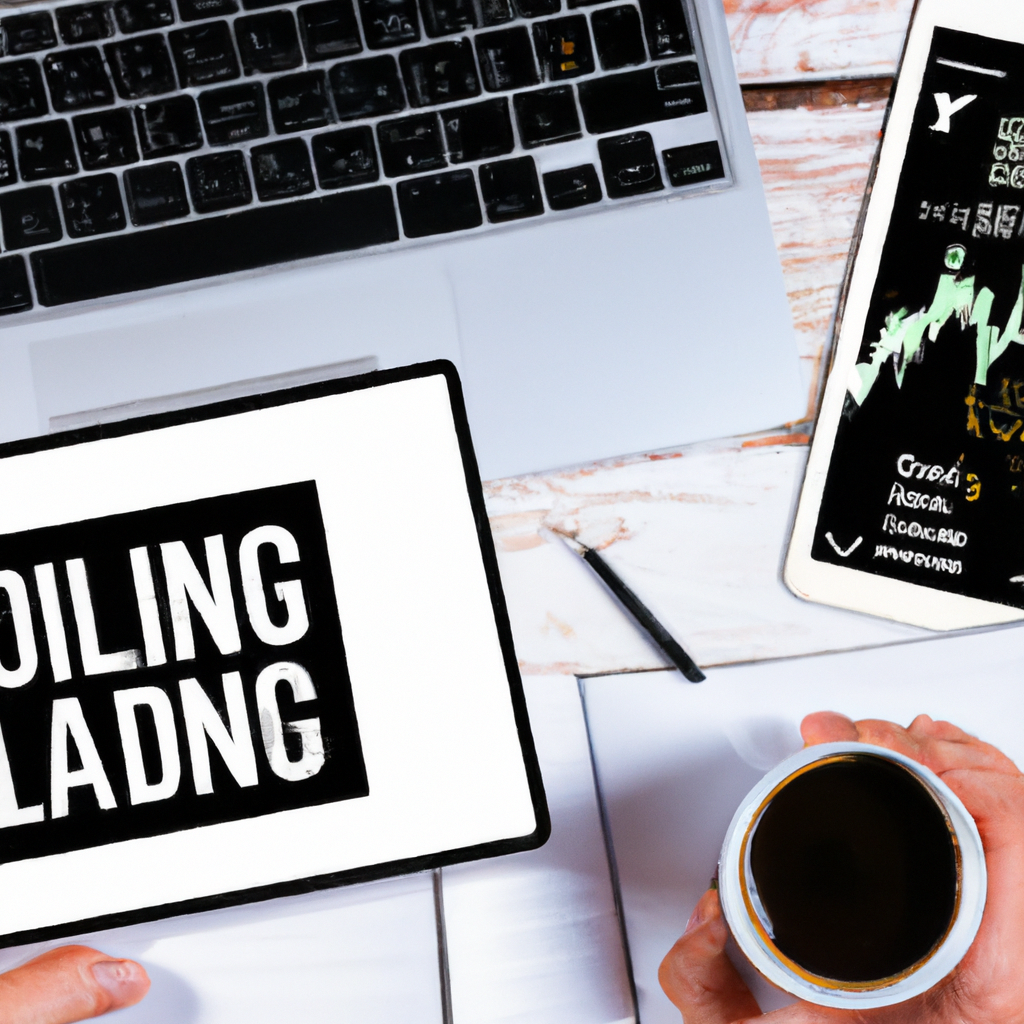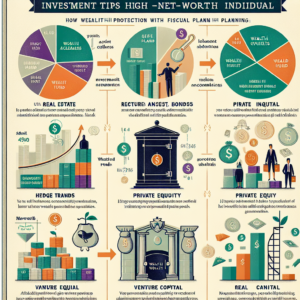
Online Trading Platforms Comparisons
Introduction
Online trading platforms have revolutionized the way people invest in financial markets. With just a few clicks, investors can access a wide range of financial instruments and trade from the comfort of their homes. However, with so many online trading platforms available, it can be overwhelming to choose the right one. In this article, we will compare some popular online trading platforms to help you make an informed decision.
1. Trading Fees
When comparing online trading platforms, one of the most important factors to consider is the trading fees. Different platforms have varying fee structures, including commission-based fees, spread fees, and subscription fees. Some platforms may also charge additional fees for certain services, such as data feeds or advanced trading tools. It is essential to understand the fee structure of each platform and assess how it aligns with your trading strategy and budget.
2. Range of Financial Instruments
Another crucial aspect to compare is the range of financial instruments offered by each online trading platform. Some platforms specialize in specific markets, such as stocks, while others provide access to a broader range of assets, including forex, commodities, cryptocurrencies, and more. Consider your investment goals and the diversity of assets you wish to trade when evaluating the platform’s offerings.
3. User Interface and Trading Tools
The user interface and available trading tools can significantly impact your trading experience. A user-friendly interface with intuitive navigation can make it easier to execute trades and access important information. Look for platforms that provide advanced charting tools, technical indicators, real-time market data, and customizable trading layouts. Additionally, some platforms offer educational resources and research materials to assist traders in making informed decisions.
4. Security and Regulation
Security should be a top priority when selecting an online trading platform. Ensure that the platform is regulated by a reputable financial authority to protect your investments and personal information. Trusted platforms implement robust security measures, such as two-factor authentication and encryption, to safeguard your data and funds. Additionally, check if the platform offers insurance coverage for client assets in case of any unforeseen events.
5. Customer Support
Reliable customer support is essential, especially if you are new to online trading or encounter technical issues. Look for platforms that offer multiple support channels, such as phone, email, and live chat. Additionally, consider the availability of customer support, as some platforms provide 24/7 assistance, which can be crucial when trading in different time zones.
Conclusion
Choosing the right online trading platform is a crucial decision that can significantly impact your trading success. By comparing factors such as trading fees, range of financial instruments, user interface, security, and customer support, you can find a platform that aligns with your trading goals and preferences. Remember to conduct thorough research and consider your individual needs before making a final decision.





